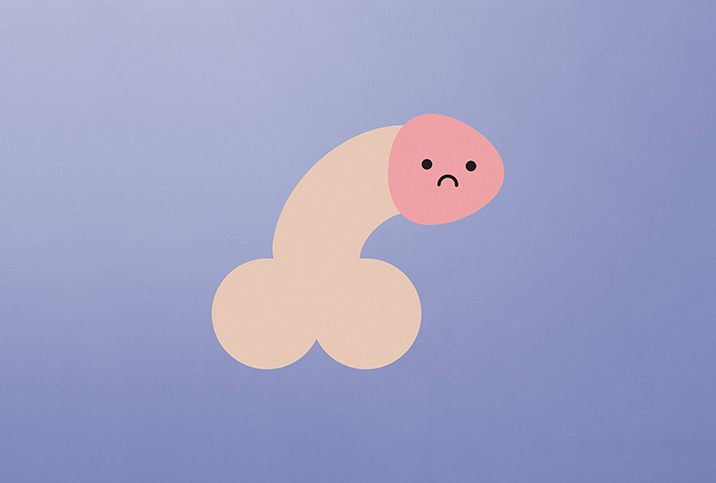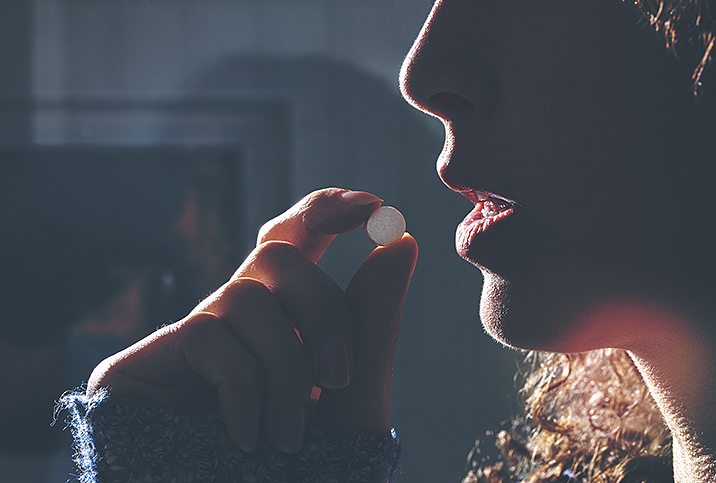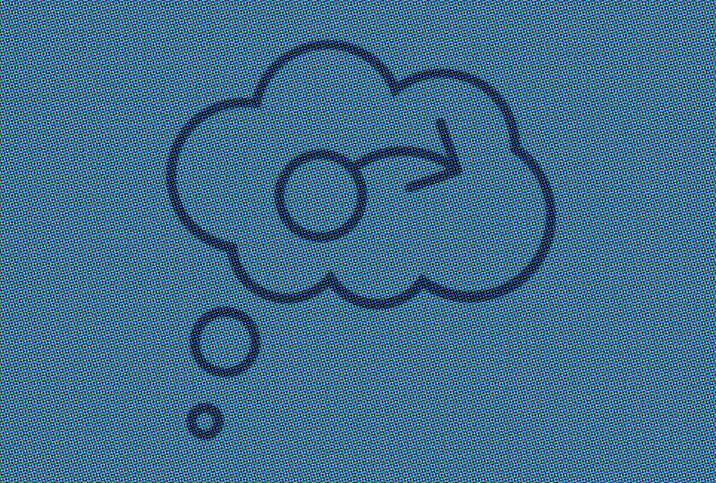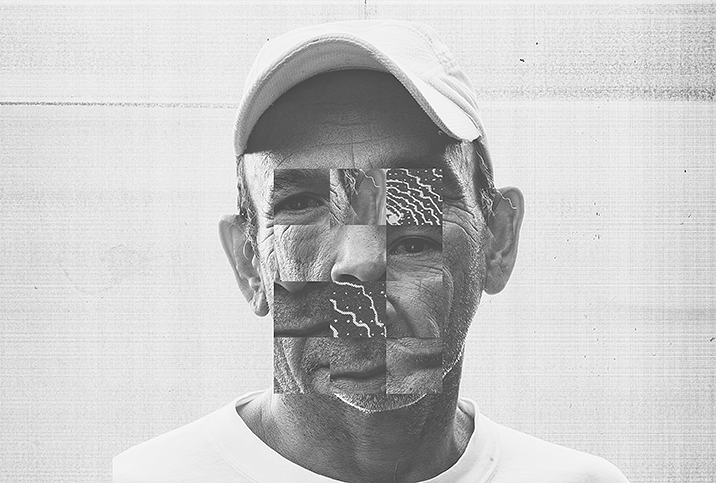The Science Behind Depression and ED

Depression is a common condition that affects about 246 million people globally. According to the National Institute of Mental Health (NIMH), an estimated 17.3 million American adults experienced at least one major depressive episode in 2017 alone, accounting for 7.1 percent of the adult population.
Another common condition is erectile dysfunction (ED), which affects, depending on the study you consult, anywhere from a third of all men up to 76 percent of men.
Given these published statistics, it shouldn't come as a shock to learn there's an overlap between the number of men who experience both ED and depression. What might be surprising is the connection between the conditions, including an intriguing set of links in both directions.
Here's a closer look at what we know about the science of depression and erectile dysfunction.
What exactly is depression?
According to NIMH and the fifth edition of the "Diagnostic and Statistical Manual of Mental Disorders" (DSM-5), depression is defined by experiencing a total of five criteria over a two-week period where one of the criteria must be a depressed mood and/or the loss of interest or pleasure in daily activities. The other four criteria can be selected from the following:
- Significant weight loss or decrease or increase in appetite
- Slowing of thought or physical movement, as noted by others
- Constant fatigue
- Feelings of worthlessness or excessive guilt
- Reduced ability to concentrate or indecisiveness
- Recurring thoughts of death or suicidal ideation
While it may seem self-evident that depression could lead you to erectile dysfunction based on the symptoms above, there's a lot more to the story. In 2018, the Journal of Sexual Medicine (JSM) undertook a massive meta-study that pored over data gleaned from 49 relevant studies, which included a total of 192,000 male participants.
The meta-study indicated men with depression had a 39 percent higher risk of experiencing ED, but also found men with erectile dysfunction were three times more likely to be depressed.
Though medical science can't draw a direct, causal line between ED and depression, there are plenty of intriguing medical interconnections, both physical and psychological, such as:
Physical
- Low testosterone has been linked to both ED and depression.
- Muscle relaxation is necessary for a solid erection, but depression may affect the areas of the brain which allow the needed muscles to relax.
- Antidepressants like SSRIs and others can cause problems with erections and ejaculation.
Psychological
- Performance anxiety can affect erection quality, and it's bound up in feelings of inadequacy, internal negativity and low self-confidence, all of which are also symptoms of depression.
- Relationship issues are often a big part of depression as well as erectile dysfunction, as each partner may struggle to understand the other's needs and issues, or blame themselves—often finding it difficult to communicate about these issues.
- Stress is a byproduct of depression that often goes underappreciated but has very real implications in the physical world. It can adversely affect sexual function, among other effects.
The treatment available
Although there may not be a flowchart-ready explanation for how depression causes erectile dysfunction or vice versa, there are obviously links between the two. But perhaps the best connection between the two conditions is that they are both highly treatable, more so today than ever before.
Treatments for both depression and ED include therapy, medication and lifestyle changes, such as losing weight and exercising regularly. Patients who are already taking antidepressants can talk to their doctor about prescribing different drugs that would mitigate erectile dysfunction.
The authors of the JSM meta-study on ED and depression reached the following conclusion: "Patients reporting ED should be routinely screened for depression, whereas patients presenting with symptoms of depression should be routinely assessed for ED."
The best advice when searching for a solution to any medical issue is to make an appointment with your doctor, openly discuss your concerns and strategize solutions that work for you.


















